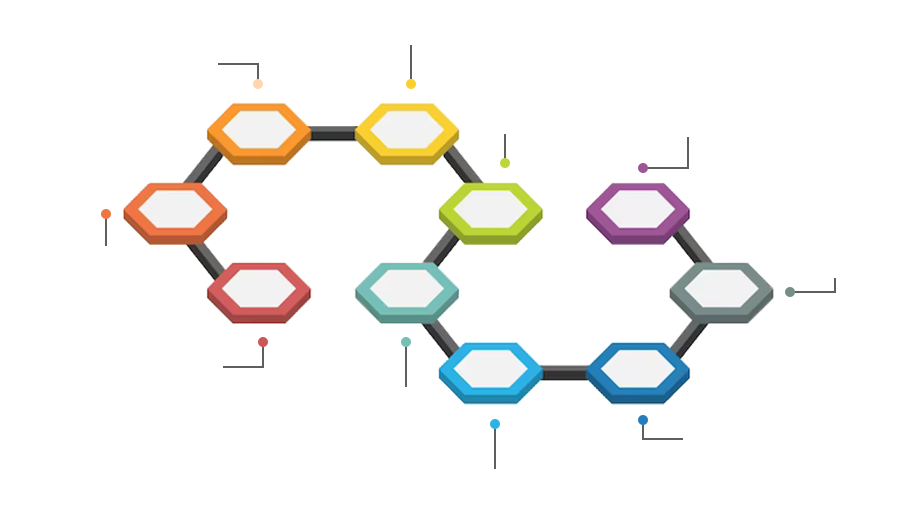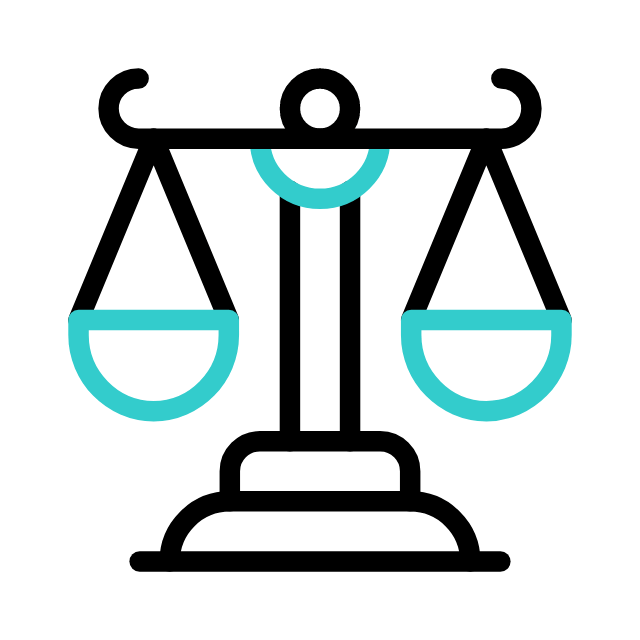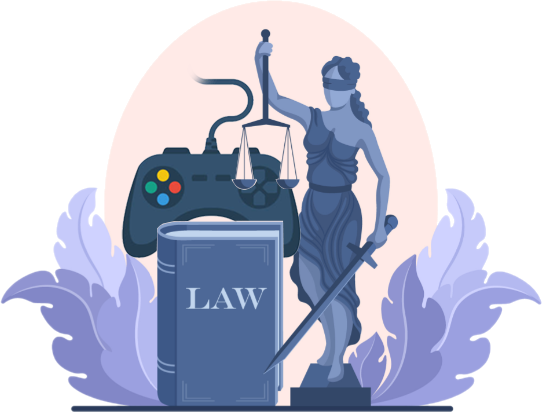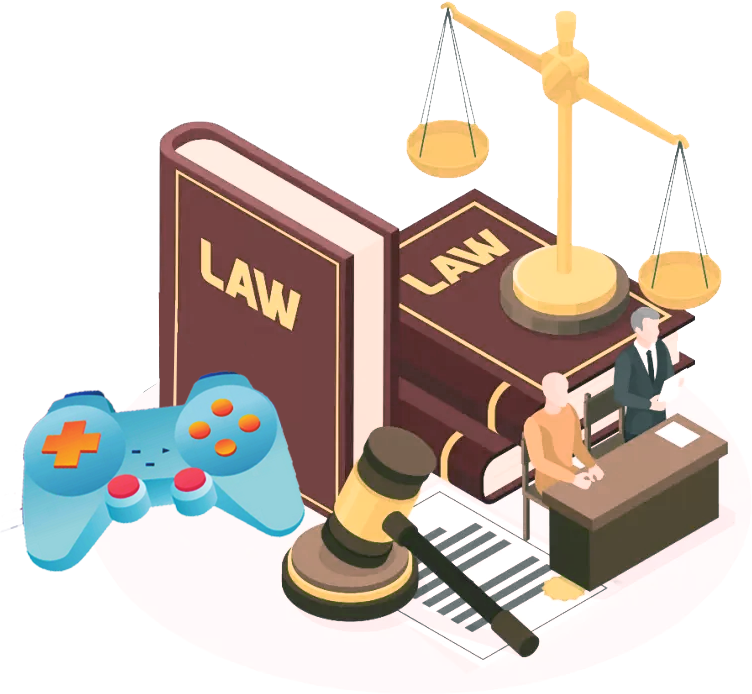Main factors that determine the success or failure of online gaming litigation cases?
The success or failure of online gaming litigation cases depends on several key factors. Here are the main factors that can influence the outcome:

It's important to note that each litigation case is unique, and the outcome depends on the specific circumstances and arguments presented. Consulting with experienced legal professionals familiar with gaming and technology law is crucial to assess the factors relevant to a specific case.































